SEOUL, South Korea — South Korean President Yoon Suk Yeol backed down early Wednesday after tossing his country into turmoil by suddenly declaring martial law and mobilizing the army.
Yoon did so in the face of nationwide defiance that erupted some 155 minutes after he announced in a late-night TV address on Tuesday that he was taking over.
Members of South Korea’s parliament raced to the National Assembly building and, with 190 of its 300 members present, they quickly passed a resolution demanding that Yoon lift his order while protesters opposed to martial law gathered outside the building.
“I have accepted the decision made by the National Assembly to dissolve and lift the martial law,” Yoon said in an address to the nation via television broadcast nationwide.
It was an abrupt end to a standoff that began when parliament publicly defied Yoon and passed a resolution that martial law was officially nullified.
After the vote, National Assembly Chairman Woo Won-sik demanded that the special forces leave the building and grounds of parliament. Shortly afterward, the soldiers began filing out through one of the gates.
“I regret what happened today,” said Han Dong Hoon, leader of the ruling People Power Party to which Yoon belongs. “Exercise of military police and other government authority is illegal now that the resolution for the nullification of the martial law has passed.”
But the country’s Defense Ministry said that martial law would remain in place until Yoon lifted the order.
For several hours, there was no immediate response from Yoon, whose conservative government took office in 2022 and who, as justification for declaring martial law, accused opposition parties of sympathizing with North Korea and controlling parliament.
“I am declaring a state of emergency in order to protect the constitutional order based on freedom and eradicate shameful pro-North Korea anti-state groups, that are stealing freedom and happiness of our people,” Yoon said on the country’s YTN news channel. He added that this would protect the country “from the threats of North Korea’s communist forces.”
“While the imposition of martial law may cause significant inconvenience to the law-abiding citizens who uphold the constitutional values of the Republic of Korea, I will strive to minimize these disruptions,” he added.
Yoon’s address was quickly followed by a proclamation from Martial Law Commander, Gen. Park Ahn-soo.
It said that “all political activities” would be banned, and that “all media and publications will be subject to the control of the Martial Law Command.”
“Strikes, work slowdowns, and gatherings that incite social disorder are forbidden,” it added. It also ordered “all medical professionals” to return to work within 48 hours.
“Violators of this proclamation will be subject to arrest, detention, and search and seizure without a warrant under Article 9 of the Martial Law Act,” it said.
At the U.S. State Department, Deputy Spokesperson Vedant Patel said it had received no advance warning that Yoon was about to declare martial law.
Earlier, the White House National Security Council confirmed that the Biden administration had been in contact with the South Korean government and that it was “monitoring the situation closely.”
“The situation is fluid,” Philip Goldberg , the U.S. ambassador to South Korea posted on X before Yoon announced the end of martial law.
South Korean Democratic Party leader Lee Jae-myung, who had to climb over a fence to get into the National Assembly building, called Yoon’s martial law declaration “illegal and unconstitutional.”
It was the first time since 1980 that martial law has been declared in South Korea.
There were no reports of tanks or soldiers on the streets in the capital, Seoul, or elsewhere in South Korea, which is a key U.S. ally in the region and home to around 28,500 American troops.
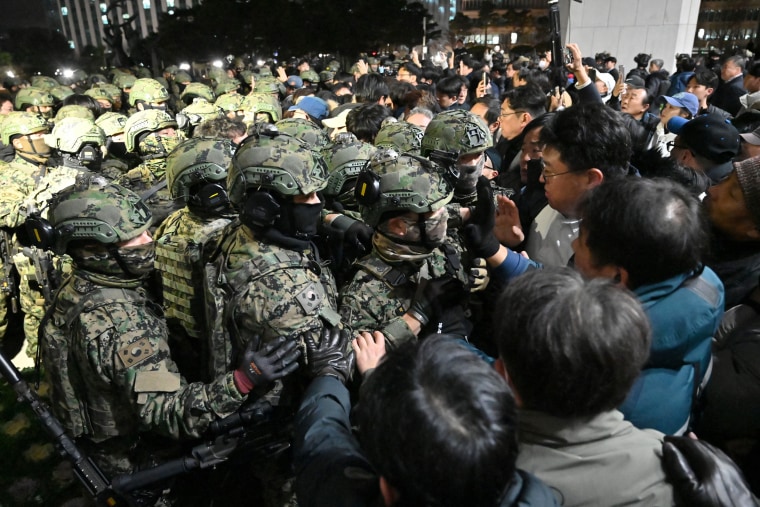
“Right now there has been essentially no impact on U.S. forces,” Pentagon Press Secretary Major General Pat Ryder said before Yoon backed down.
But South Korea’s Yonhap News Agency reported that dozens of people had gathered in front of the National Assembly in the early hours of the morning local time, leading to scuffles with police.
The Korean won fell sharply against the U.S. dollar after Yoon declared martial law.
Yoon has struggled to push through his agenda against an opposition-controlled parliament, and his approval rating has nosedived in recent months due to various controversies.
His People Power Party has clashed with the liberal opposition Democratic Party, which has a majority in parliament, over next year’s budget. The Democratic Party has also pushed to impeach some of the country’s top officials.
Still, experts on South Korean politics said Yoon’s dramatic power grab was unexpected.
“It really is quite an extraordinary situation and a genuine surprise,” said Edward Howell, the Korean Foundation Fellow at Chatham House, a British think tank that focuses on international affairs. “It’s almost as if President Yoon went straight for the most extreme option first.”
Stella Kim reported from Seoul, and Freddie Clayton from London.


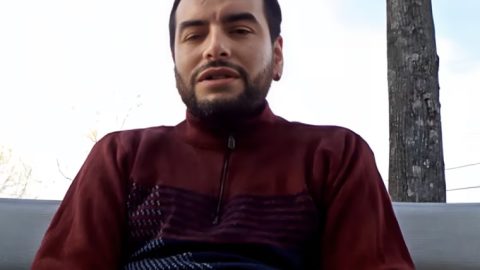


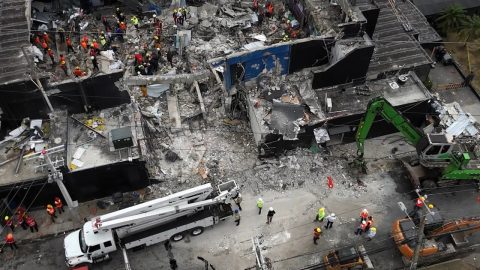
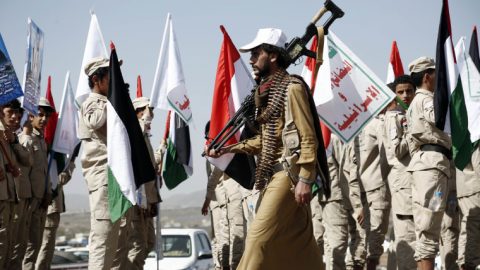
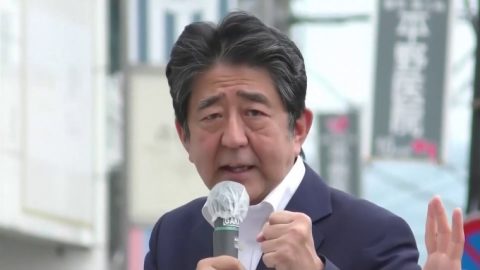

Recent Comments